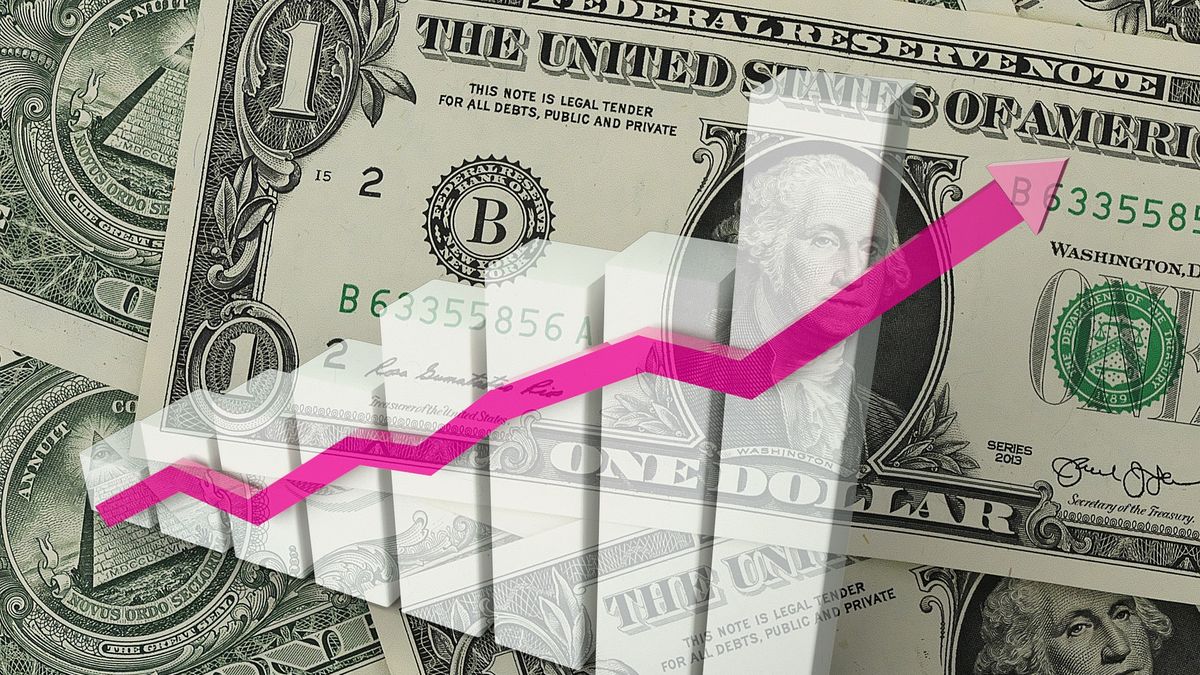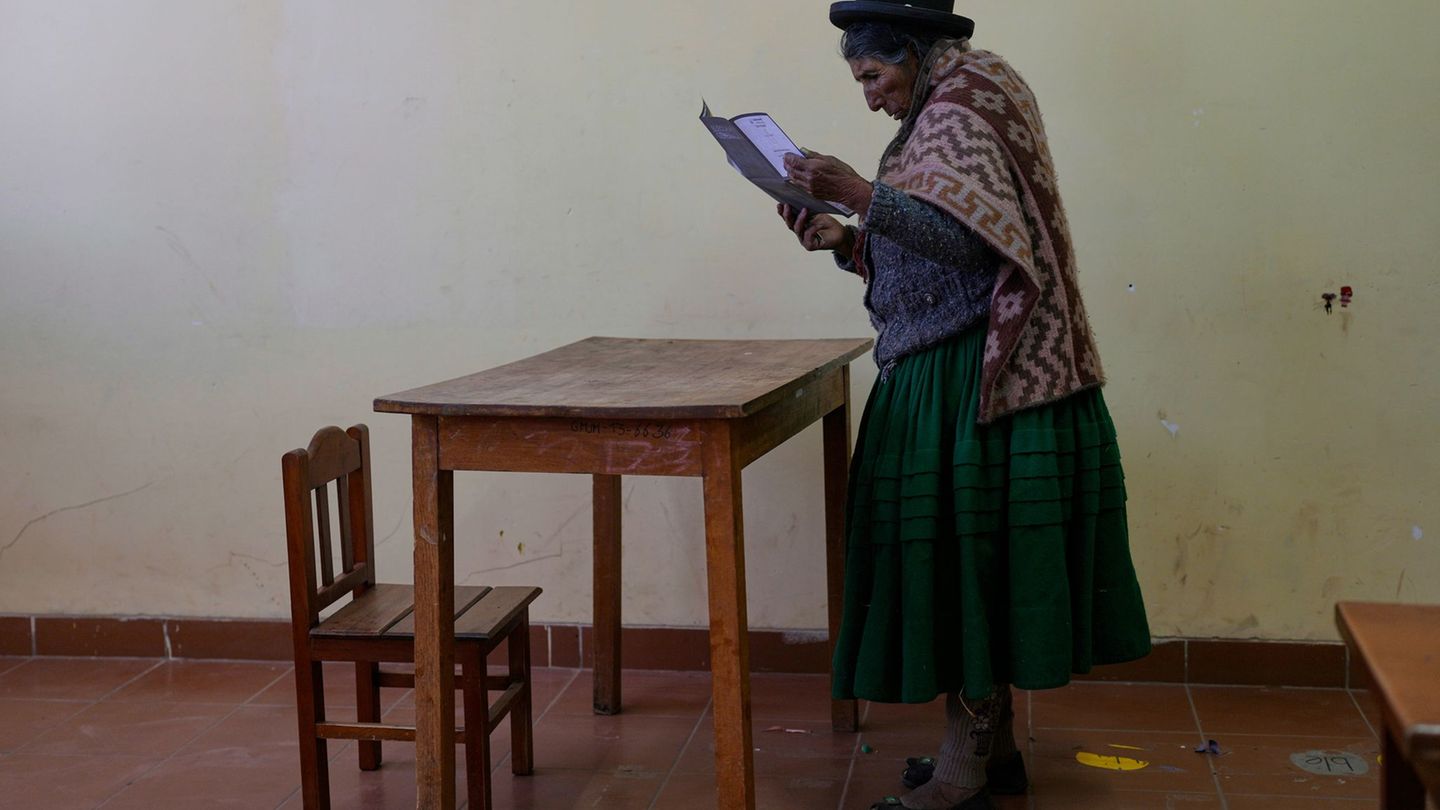“With inflation approaching triple digits and, according to economists, just one or two policy errors away from triggering hyperinflation, the central bank is desperately trying to avoid a devaluation of the peso that would only usher in another wave of price hikes,” he said.
He warned that “every day, the bank sends its operators to sell Dollars and buy pesos that nobody wants. On average, he spends $60 million a day. For now, that has kept the peso mostly stable in the primary foreign exchange market.”
Along these lines, the agency stated that “the public data from the Central Bank is too murky to decipher exactly how it is using the various piles of money that make up its reserves, and officials do not talk about it.”
He noted that the Central Bank “refused to comment on the exact composition of its $38 billion in gross reserves or what money it uses to back the peso. It says it keeps enough foreign currency available to sustain normal economic growth and maintain a stable market.” balanced currency exchange.
In turn, he warned that “fears about the insolvency of the Government are so acute that savers rushed last month to withdraw dollars from their bank accounts. Dollar deposits fell to their lowest level since 2016 when Argentines withdrew almost US$750 million”.
He indicated that in this scenario there are “few possibilities of obtaining financial aid from abroad”, since, in his opinion, “foreign investors in bonds, who have already pushed down the price of Argentina’s foreign bonds to about 20 cents per dollar, they are too scared by a series of previous defaults to lend money to the country now.
In addition, he considered “it is unlikely that the International Monetary Fund will intervene at this time either. It has already committed nearly US$44 billion to the country and shows no interest in pledging more capital.”
As a result of this, he remarked that “all this means that local operators are positioning themselves for a great devaluation. They took the peso to a minimum of 335 per dollar last month in the unofficial parallel market where it is negotiated free of the intervention of the Government, 60% weaker than the rate of 130 per dollar in the official market”.
He assured that “a devaluation of this magnitude, economists say, could cause an immediate increase in prices of up to 30% in essential goods such as food and even greater increases in fuel, deepening the financial difficulties that Argentines have been enduring for years. “.
Referring to the changes in the government and the arrival of Sergio Massa as Minister of Economy, Productive Development and Agriculture, the agency considered that the former president of the Chamber of Deputies will face “deep political divisions that will paralyze the ruling leftist coalition of Argentina, not to mention global investors pulling money out of emerging markets as the Federal Reserve raises interest rates.”
However, he indicated that “investors are optimistic that Massa will have a better chance of propping up the economy than his predecessor, Silvina Batakis.”
Source: Ambito
David William is a talented author who has made a name for himself in the world of writing. He is a professional author who writes on a wide range of topics, from general interest to opinion news. David is currently working as a writer at 24 hours worlds where he brings his unique perspective and in-depth research to his articles, making them both informative and engaging.




